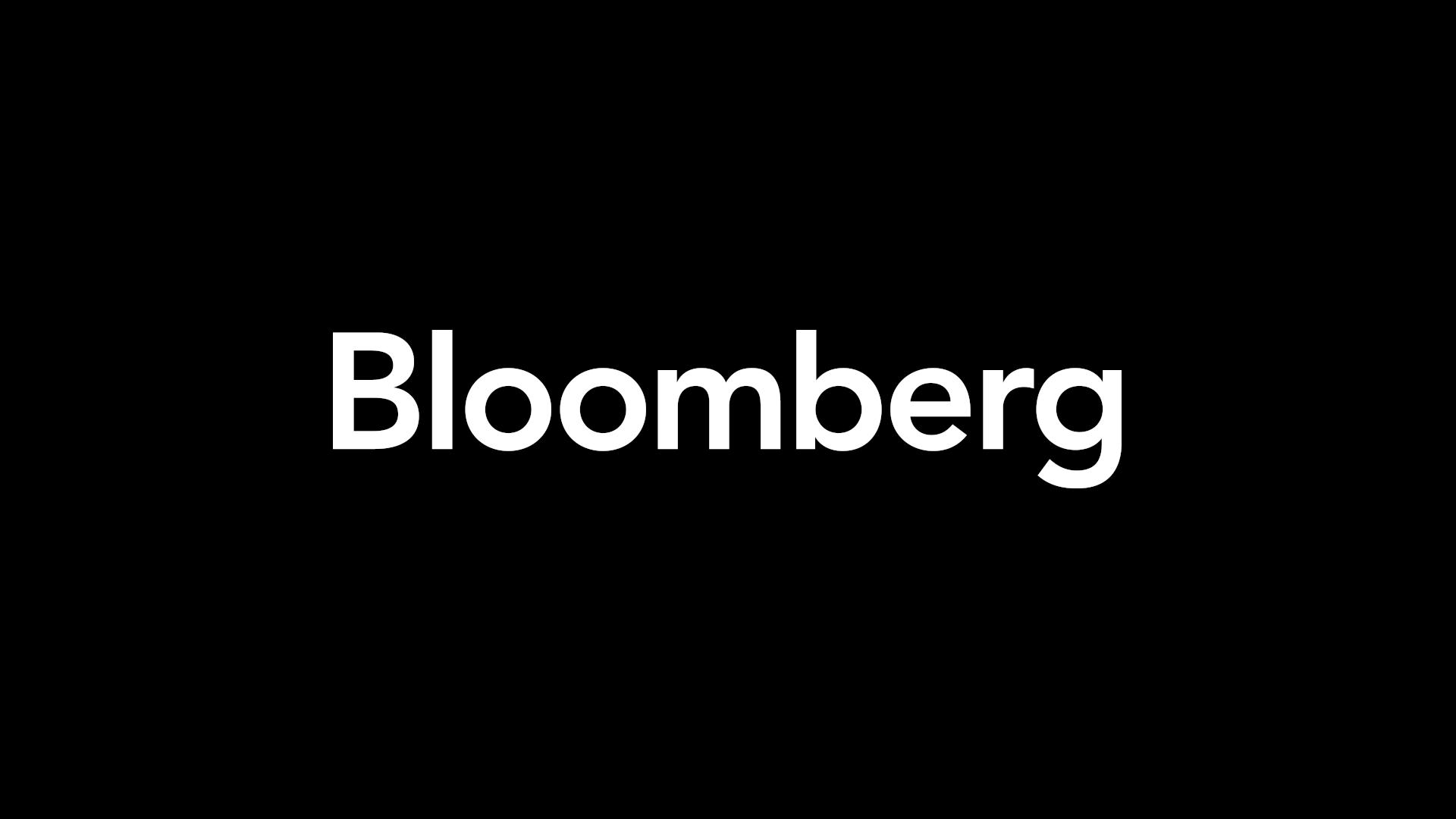Starbucks baristas, represented by Starbucks Workers United, initiated strikes across select locations in Chicago, Seattle, and Los Angeles on Friday morning. The strike action follows a breakdown in contract negotiations, with the union citing the lack of immediate raises for unionized baristas as the primary reason for the work stoppage.
The union, representing employees at over 500 company-operated Starbucks stores nationwide, claims the coffee giant presented a final contract proposal that failed to address their core demand for wage increases. Starbucks, in response, stated that the union “prematurely ended” the bargaining session and expressed its willingness to resume negotiations. The company maintains that operations remain largely unaffected, with only a small number of stores participating in the strike.
 Starbucks baristas picket outside a storeStarbucks baristas on strike in Chicago, demanding better pay and working conditions.
Starbucks baristas picket outside a storeStarbucks baristas on strike in Chicago, demanding better pay and working conditions.
Appointed earlier this year, Starbucks CEO Brian Niccol, formerly of Taco Bell and Chipotle, is tasked with revitalizing the company’s sales performance. Niccol has publicly committed to good-faith negotiations with the union. However, since his September appointment, Starbucks stock has dipped approximately 4%, contrasting with the S&P 500’s 9% gain. Union members contend that understaffing and the increasing complexity of orders, driven by a surge in mobile orders for customized beverages, are contributing to a challenging work environment. Starbucks counters by emphasizing its dedication to enhancing the employee experience, highlighting that baristas working at least 20 hours per week receive an average compensation package equivalent to $30 per hour, inclusive of pay and benefits.
Strike Disrupts Holiday Season Operations
In Chicago’s Edgewater neighborhood, striking baristas commenced their action at 6 a.m. on Friday, intending to continue the strike until Christmas Day. A sign posted at the entrance of the closed store declared their demands: “We are striking to win fair raises, benefits and improved staffing and to protest all unremedied unfair labor practices.”
The union strategically timed the strike to coincide with one of Starbucks’ busiest periods, aiming to maximize its impact. The holiday season is crucial for Starbucks, not only for beverage sales but also for its lucrative gift card business. Last January, the company reported record-breaking gift card sales exceeding $3.6 billion during the holiday quarter.
 A sign displayed at a striking Starbucks locationStriking Starbucks workers display their demands for fair wages and improved working conditions.
A sign displayed at a striking Starbucks locationStriking Starbucks workers display their demands for fair wages and improved working conditions.
“Our goal is to be compensated fairly for our work and get back to work to continue serving our customers,” stated RJ Simandl, a shift supervisor at the Edgewater location and a three-year Starbucks veteran. Simandl confirmed that five other unionized Chicago stores joined the strike on Friday. Braving 35-degree weather, striking workers picketed outside the store, holding signs with slogans like “No contract, no coffee” and “Please, Mr. Scrooge — give us a living wage.” While some customers expressed their support, others indicated they would seek coffee elsewhere. The Edgewater store is one of three central locations designated for picketing activities. In contrast, a nearby non-striking Starbucks appeared to be operating normally.
Ongoing Labor Dispute
The ongoing dispute between Starbucks and its union began in December 2021 when the first store voted to unionize, seeking improvements in pay, scheduling, and working hours. This marks the first strike since February, when both parties agreed to resume negotiations. Previous years have witnessed several high-profile strikes, notably one coinciding with the company’s Red Cup Day, a popular promotional event.
The union anticipates the strike expanding to encompass hundreds of stores by Christmas Eve. Despite the contentious atmosphere, Starbucks asserts that “meaningful agreements” have been reached on over 30 worker-related issues, including economic demands, during this year’s negotiations.
This ongoing labor dispute underscores the growing tension between major corporations and organized labor in the service industry, particularly concerning wages and working conditions in the face of rising inflation and economic uncertainty. The outcome of these negotiations will likely have significant implications for the broader labor landscape.


